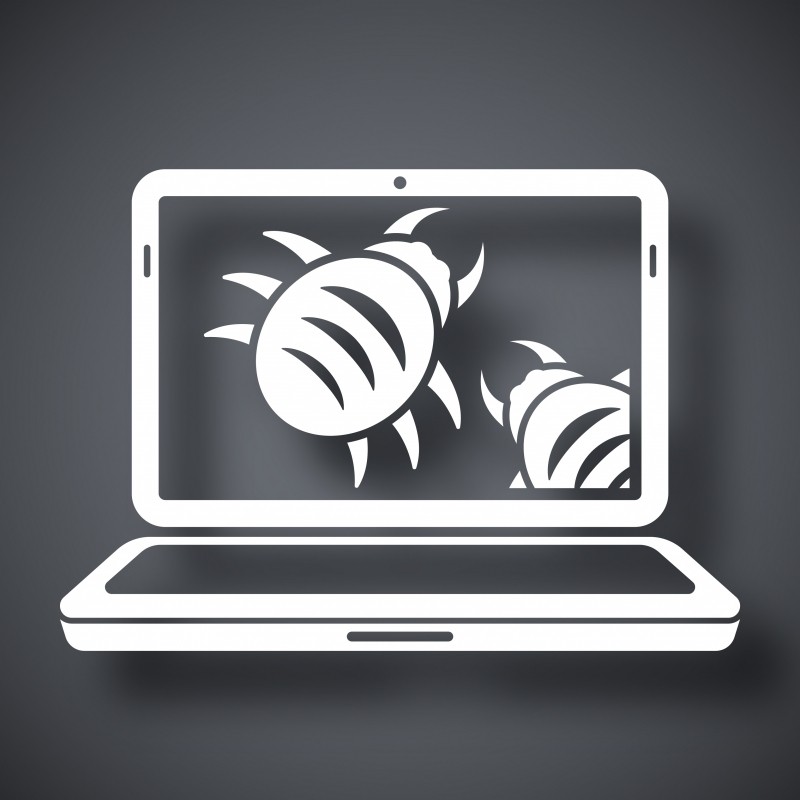Justin Kahn
Posts: 752 +6

As we previously reported, Lenovo apparently pre-loaded a number of its machines with Superfish adware along with other malicious code. The appearance of the potentially harmful software was not only shocking to many, but also prompted researchers to look around to see if the adware (or similar code) made it other places it shouldn’t have.
Based on recent data, that appears to be the case with at least two other firms reported to have affected apps out in the wild. This dirty code, which was spotted by researcher Fillipo Valsorda, causes devices to accept any old, self-signed certificate from sites, obviously causing serious privacy/security issues in the process. Valsorda noted that code of this nature can be found on the Ad-aware Web Companion anti-virus/privacy software from a company known as Lavasoft and within another ad-focused privacy app called PrivDog from Comodo.
Both occurrences expose users to the serious potential of man-in-the-middle attacks and leave personal data up for the taking, not to mention the negative affect it will have on both companies. Comodo is generally trusted on the internet with regard to certificate management, however that may not be the case for long.
While Lenovo has since admitted the issues surrounding the Superfish adware on its machines by offering it own removal tool, there is still no word from Lavasoft or Comodo on the latest findings. Microsoft has also updated Windows Defender so that it will detect and remove Superfish adware on its own.
Image via Shutterstock
https://www.techspot.com/news/59832-harmful-code-recently-found-lenovo-machines-now-surfacing.html